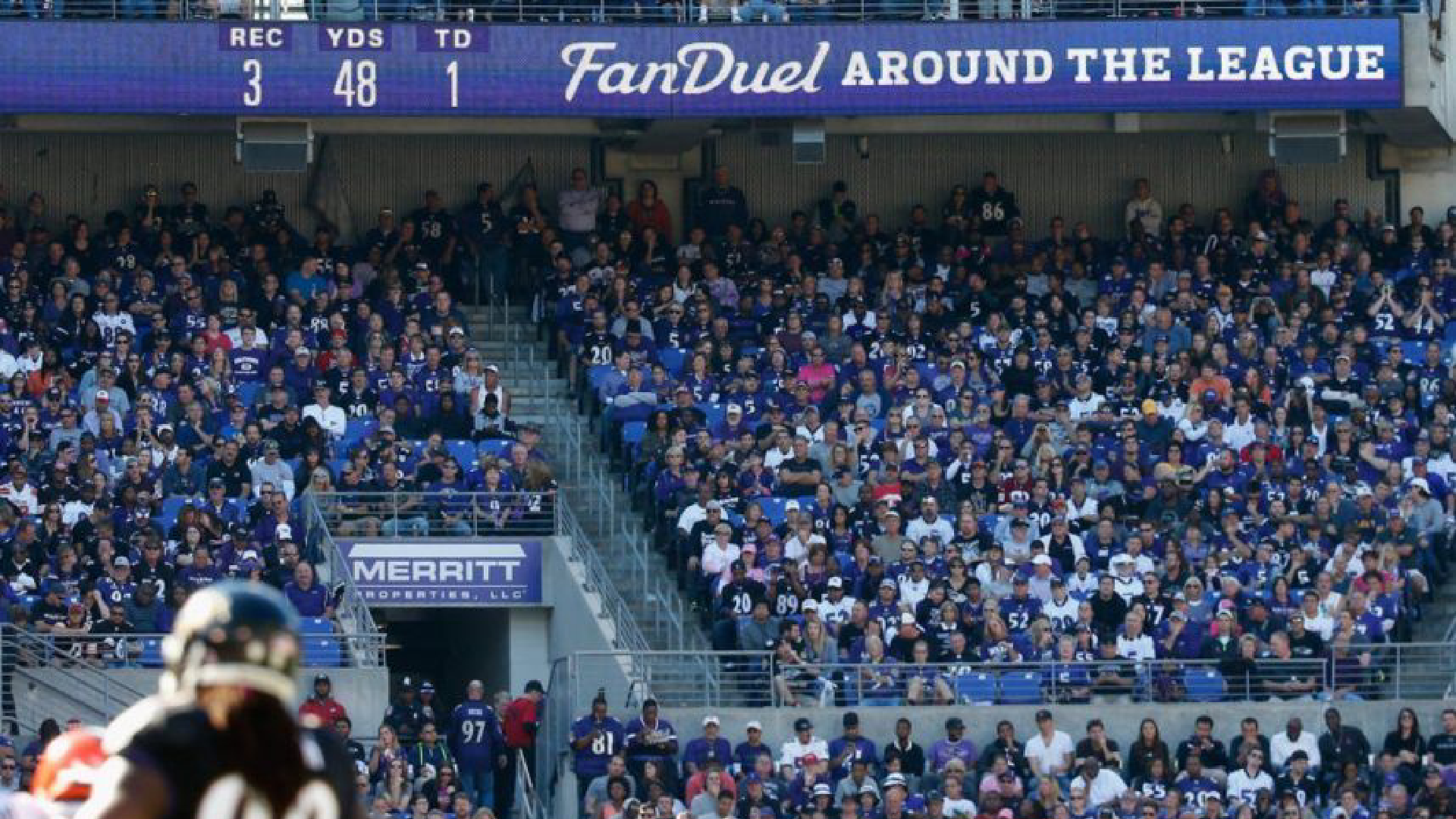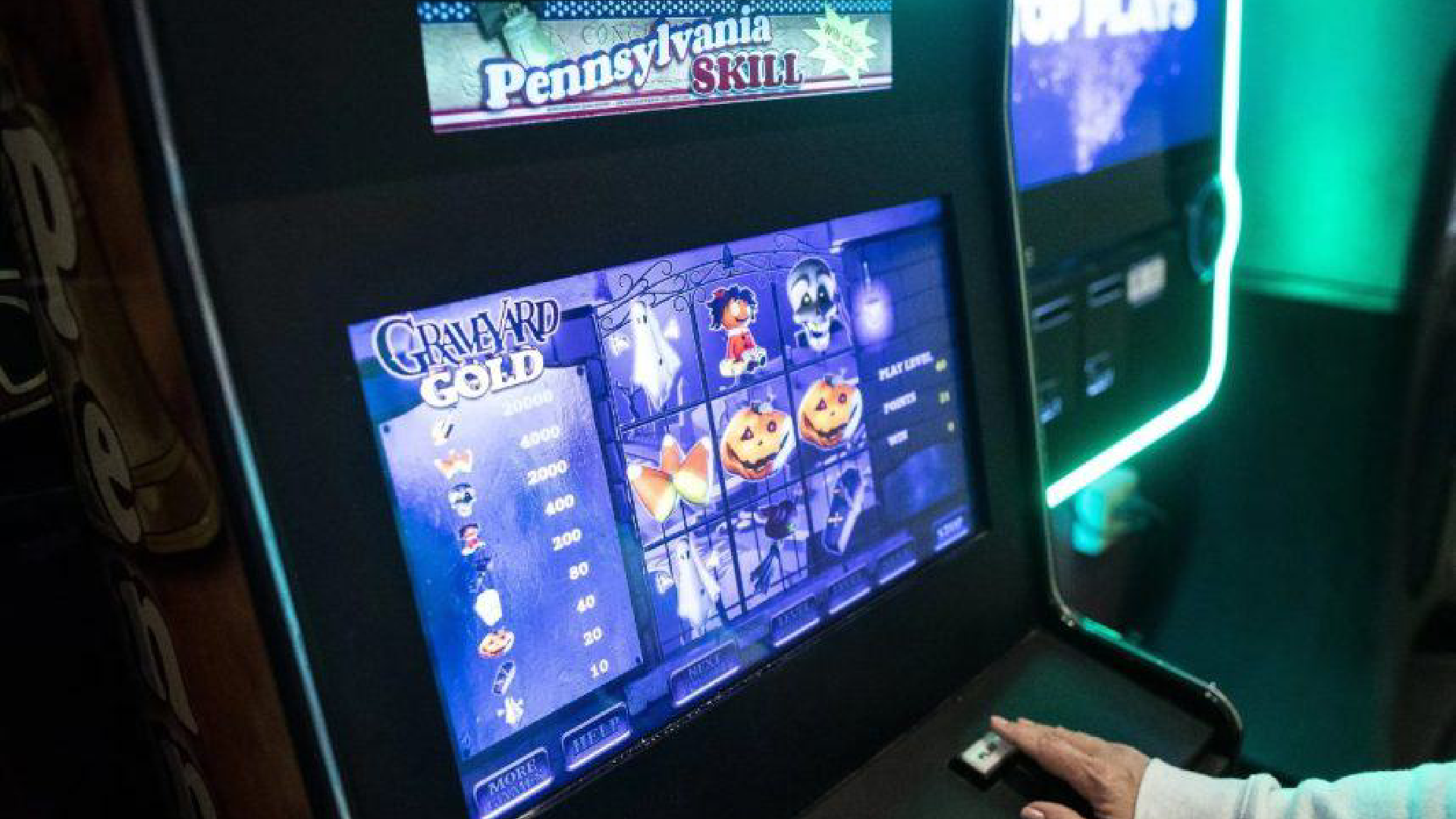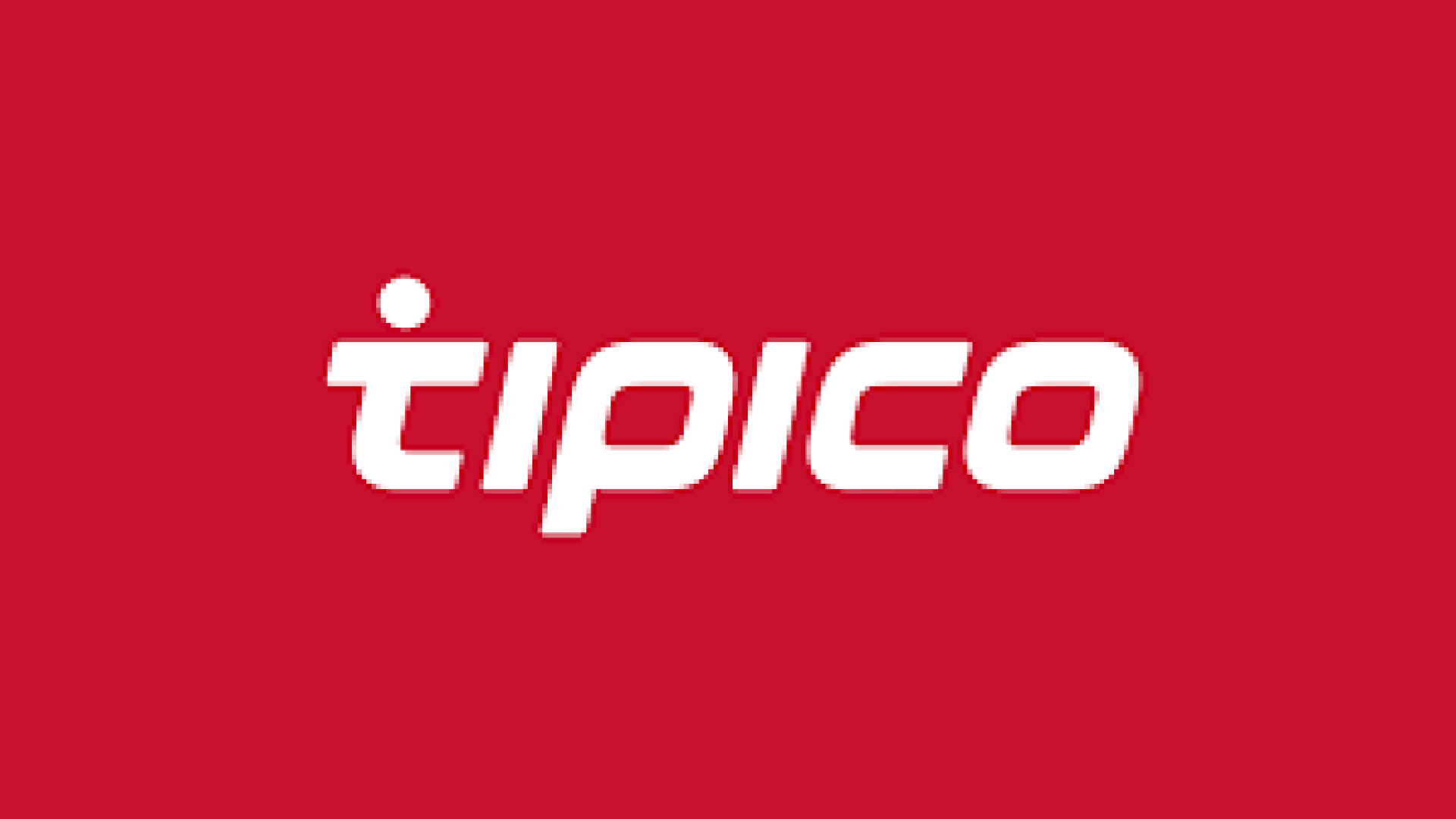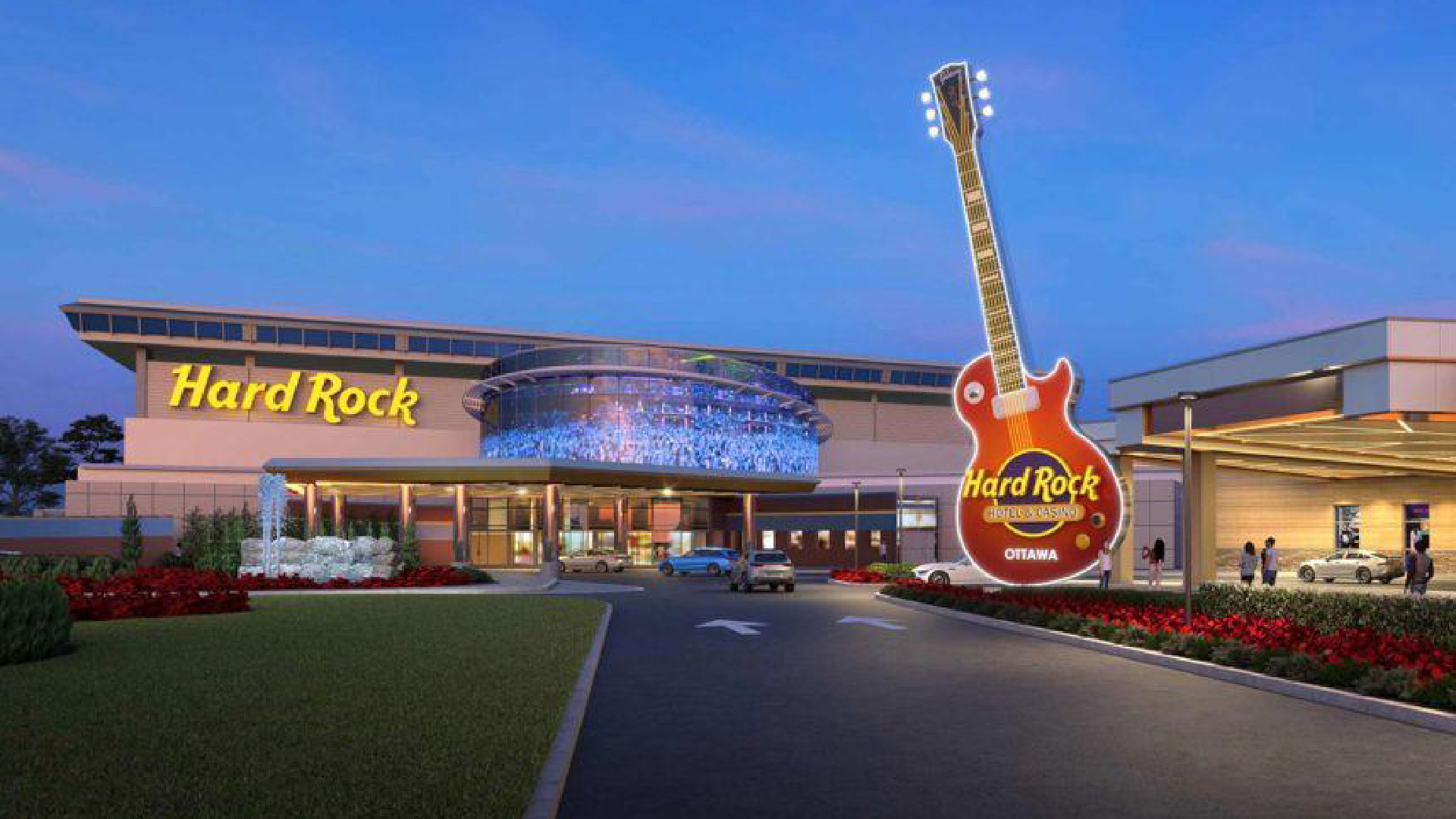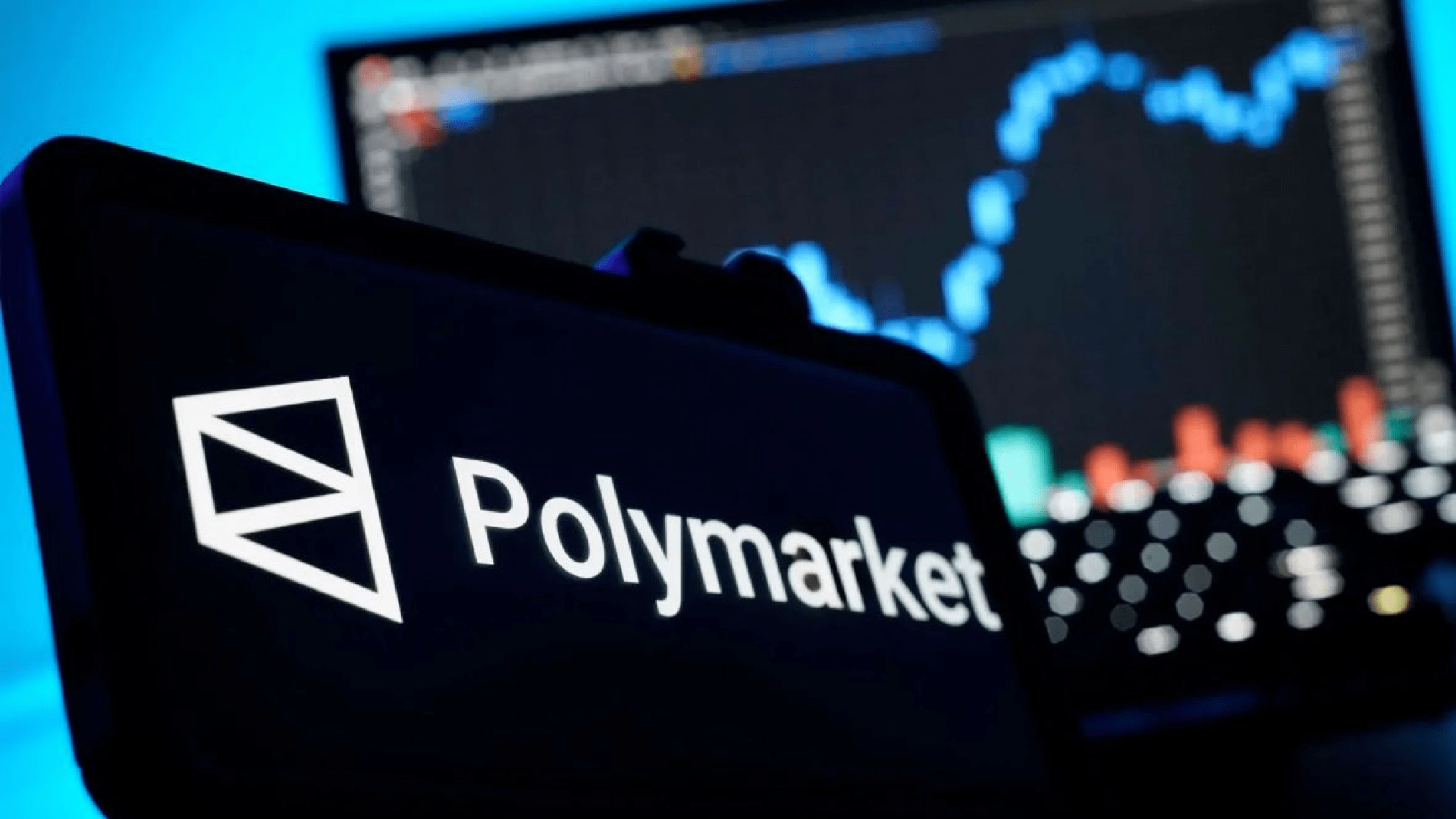Gambling ads appear to be ubiquitous. From highway billboards to ads and social media, consumers are inundated with marketing that implies how simple and enjoyable it is to win big, whether through betting on sports, playing a slot machine, or wagering $100 on black.
Recent polling in New Jersey indicates a considerable majority of residents are fed up with the constant gambling advertisements. The most recent Fairleigh Dickinson University Poll surveyed nearly 1,500 registered voters in the state about their views on casino, sports betting, and iGaming advertisements.
Over three-quarters indicated their support for restrictions on when and where gambling advertisements can be shown in New Jersey. Only 17% indicated they are against limiting gaming companies to advertise at specific times and through certain mediums.
Bipartisan Concern
The FDU Poll revealed that restricting advertisements related to sports betting and other gambling forms enjoys broad backing across political, gender, racial, and age lines.
Approximately 81% of respondents identifying as Democrats and 74% of Republicans expressed their support for restrictions on gaming advertisements. Approximately 69% of respondents identifying as independent also favor restrictions.
Seventy-three percent of men and seventy-nine percent of women favor restrictions, while seventy-seven percent of whites, sixty-eight percent of blacks, and seventy-one percent of Hispanics agree as well. The group under 30 showed 70% backing, while those aged 31-44 had 73%, 45-64 at 78%, and individuals 65 and older at 79%. Nonetheless, it’s important to highlight that the FDU Poll featured the phrase, “… particularly when those ads are viewed by children” in the gambling advertising inquiry, which may have influenced the support for restrictions.
"If either party is looking for a slam dunk issue in New Jersey, this is it,” said Dan Cassino, a professor of government and politics at FDU who is the executive director of the poll. “Even the groups most likely to take part in gambling, like young men, seem to be fed up with all of the ads.”
New Jersey hosts the second-wealthiest gaming market in the United States, ranking just after Nevada.
In 2024, New Jersey oddsmakers retained nearly $1.1 billion from wagers placed by bettors. New Jersey sports gamblers waged more than $12.7 billion on college and professional sports via a licensed sportsbook, with 96%, approximately $12.2 billion, processed online.
New Jersey is one of just seven states that permit iGaming. Internet slots, table games, and poker produced gross gaming revenue of approximately $2.4 billion.
The New Jersey Division of Gaming Enforcement reports that there are 29 licensed "internet gaming sites" authorized to carry out "continuous 24-hour internet gaming operations."
Gambling Advertisements Longstanding Anger
This definitely isn't the initial occasion that New Jersey residents have protested gambling advertisements. Veteran Assemblyman Ralph Caputo (R-Essex) initially voiced his disapproval of New Jersey's airwaves being filled with sports betting and gambling ads in 2022.
Caputo remarked that the marketing tactics of the gaming industry are “offensive” and “distasteful.” However, he acknowledged that there is not much that legislators in Trenton can address regarding the issue since the majority of local TV stations catering to New Jersey are located in nearby New York and Pennsylvania.
The First Amendment also safeguards commercial advertising against most government interference. One exception is the regulation of companies that market products with nicotine and tobacco.
The Federal Cigarette Labeling and Advertising Act of 1965 bans the advertising of cigarettes on radio, television, and all other media regulated by the Federal Communications Commission.
Federal legislation known as the SAFE Bet Act is anticipated to be introduced this week. The law, introduced by U.S. Rep. Paul Tonko (D-New York) and Sen. Richard Blumenthal (D-Connecticut), aims to limit sports betting ads during live sports broadcasts and from 8 a.m. to 10 p.m.

 United Kingdom
United Kingdom
 Germany
Germany
 Finland
Finland
 Norway
Norway
 Canada
Canada
 Ireland
Ireland





